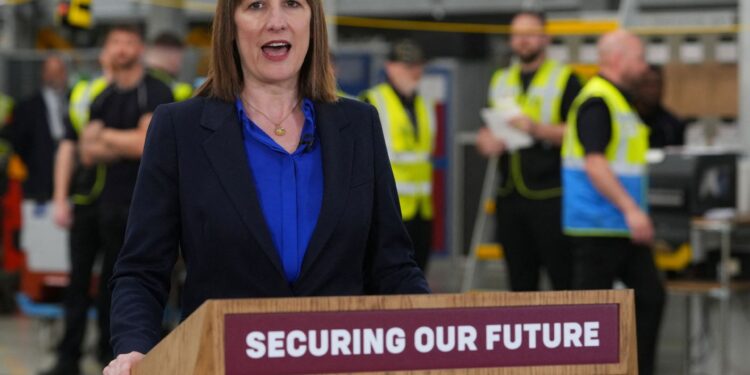Britain announced today, Sunday, that it will increase the financing support of exporters by 20 billion pounds (26 billion dollars), including those affected by American customs duties, in an effort to provide stability for them in what it described as a new era of global trade.
The customs duties imposed by US President Donald Trump deepened a fog for British companies regarding their exposure to the new trade system.
The United States imposed 25% customs duties on steel, aluminum and cars imports, and 10% basic customs databases on most other imports from countries such as Britain.
The government said that the increase raises the lending capacity of the British Export Finance Authority to 80 billion pounds (104.4 billion dollars), with the allocation of up to 10 billion pounds (13 billion dollars) to support the most affected by customs duties in the short term.
Commenting on this, Finance Minister Rachel Reeves said, “The world is changing, and for this reason it has become more important than ever. Our leading companies supported and supported to overcome the upcoming challenges.”
“Today’s declaration would do so completely, as thousands of companies are scheduled to benefit all parts of the country,” she added.
Small and medium companies will also be able to obtain loans of up to two million pounds ($ 2.61 million) as part of the package.
In an article published on the newspaper “The Observer” today, Reeves said it wanted to achieve a “new ambition” relationship with the European Union, while still negotiating a trade agreement with the United States.
The same newspaper had said yesterday that the Finance Minister said that the customs duties imposed by US President Donald Trump will have a “profound” impact on Britain and global economies.
Finance Minister intends to call for a “more balanced global economic and commercial system” at the next meeting of the International Monetary Fund later this month.
The British economy returned to growth in February at the fastest pace in 11 months, exceeding the expectations of economists and a British placement on a little more solid as it is prepared for the impact of customs duties.



